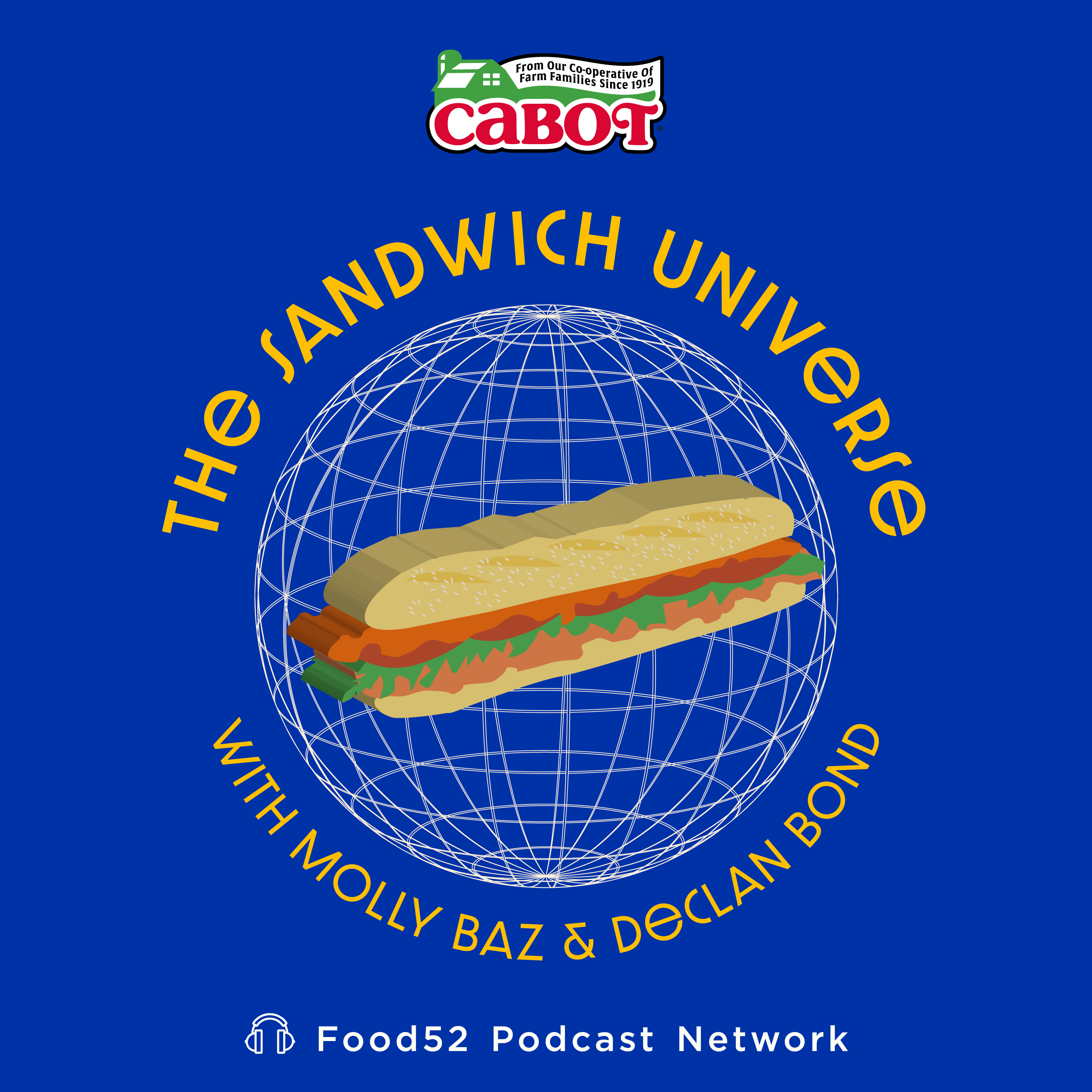A few months back, we covered a Kickstarter campaign for a fledgling magazine about food history called REPAST. We liked the idea and talked to its founder, Emelyn Rude about the campaign and her hopes for the magazine’s potential fruition. Then it was only an idea—but a promising one at that.
Well, because good things do happen, I can report that the Kickstarter campaign was successful and the magazine, now rebranded as EATEN, released its first issue at the end of November. I spoke with Rude who describes the quarterly magazine as a deep-dive into the “fascinating and forgotten tales of the people who have grown, cooked, and enjoyed all things edible over the centuries." She hopes that the publication will grow into a global platform of stories and recipes.
Their first issue, titled The Food of the Gods, concerns itself with ancient intersections of food and spiritual practice. In addition to an awesome essay on Tibetan butter sculpture, the issue contains a history of Roman honey cakes from writer Crystal King. Rude was generous enough to grant us permission to excerpt King's essay, a treat quite literally sent from the gods.
Below is a condensed version of King’s essay.
If any of the ancient myths are to be believed, the gods of ancient Greek and Roman antiquity loved a bountiful meal. The stories left to us by Ovid, Herodotus, Virgil, Homer and others are ripe with stories of grand feasts enjoyed by the gods, or of the gods meddling in mortal banquets such as the feast of King Midas, in which all of the food tragically turned to gold. In fact, for centuries beyond ancient times, the wedding celebrations of Cupid and Psyche, and Peleus and Thetis have been common artistic subjects for vases, frescoes and paintings of the great masters.
The feasts on Mount Olympus were similar to those enjoyed on Earth save in abundance, superior taste, luxury and perhaps the addition of the divine ambrosia. A traditional ancient Roman banquet would have begun with eggs and ended with fruit, and the final course was often accompanied by a sweet dessert such as cake.
Cake is a dish that has been around for thousands of years and was enjoyed by the ancient Egyptians well before the Greeks and Romans had their fill. Paintings in the tomb of Pharaoh Ramesses II, who rules from 1304 to 1237 B.C.E., show what archeologists think might be a type of folded honey cake, likely made from flour, eggs, honey, dates and nuts. The Egyptian specialty feteer meshaltet, which is a thin folded pastry (and might even be the precursor to the French croissant), is descended from these cakes.
One of the first printed recipes for honey cake appears in Athenaeus’ Deipnosophistae, published in Greece in 180 B.C.E. It is called Enkhytoi and the book describes it as a flat, molded cake made from honey, fine flour and eggs. Like many recipes of the time there were no proportions listen, but modern recreations of these cakes show us that the consistency is that of a sponge cake.
Birthday cakes are also ancient, as the first century poet Ovid wrote about in his elegiac letters, titled Tristia, which bemoan his exile to Pontus (now part of modern-day Turkey):
Thou awaitest, I suppose, thine
honour in its wonted guise: a white robe hanging
from my shoulders, a smoking altar garlanded with
chaplets, the grains of incense snapping in the holy
fire, and myself offering the cakes that mark my
birthday and framing kindly petitions with pious lips.
Ovid uses an interesting turn of phrase with this passage – the offering of cakes to mark his birthday. While he himself likely enjoyed some form of cake as part of his celebration, it was the idea of giving an offering to the gods that is important in this letter.
Hooked? To read more, pick up a copy of the issue online or in a local bookstore and keep an eye out for their second installment, Roots, available this spring.

Join The Sandwich Universe co-hosts (and longtime BFFs) Molly Baz and Declan Bond as they dive deep into beloved, iconic sandwiches.
Listen Now




See what other Food52 readers are saying.